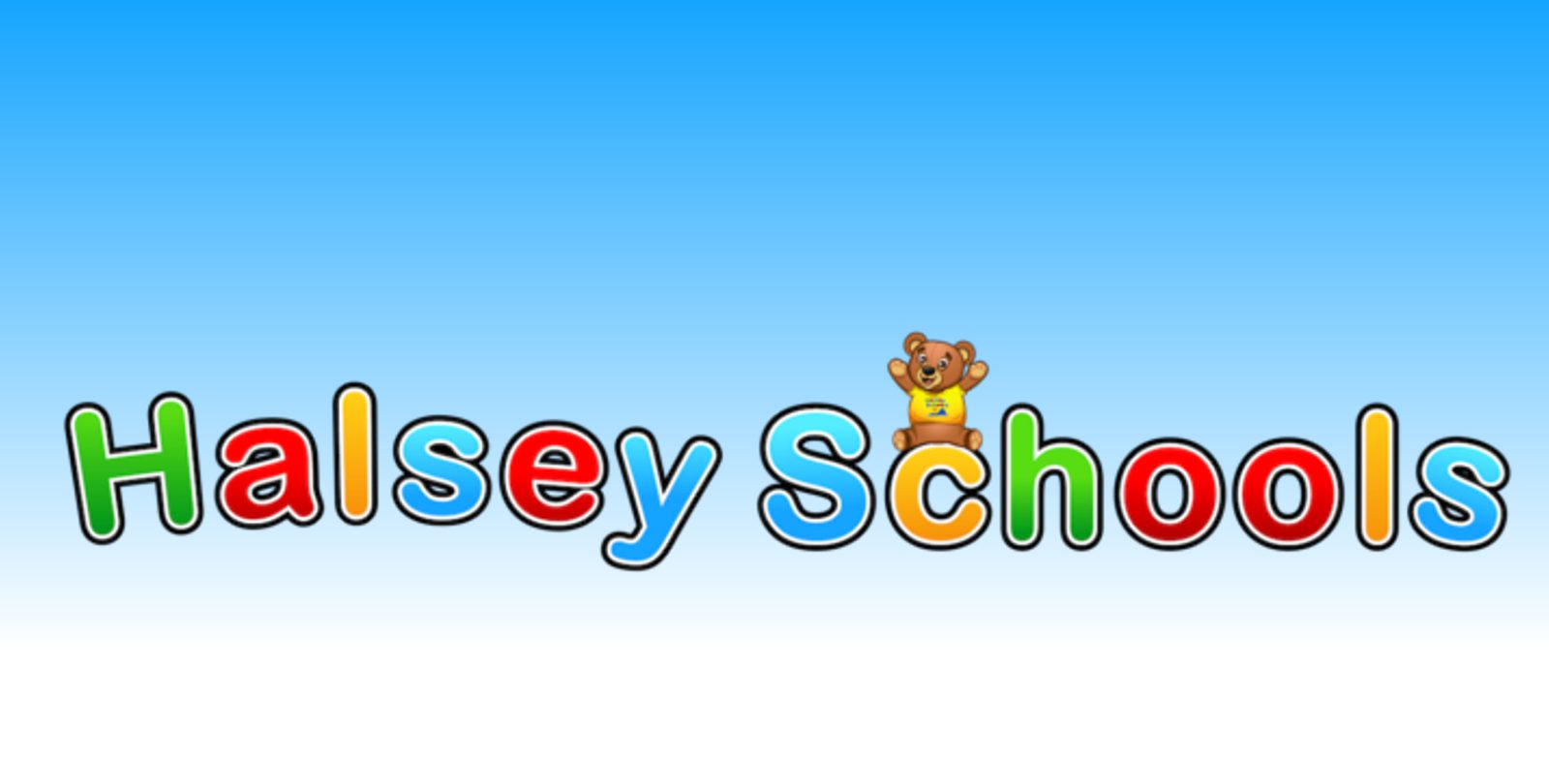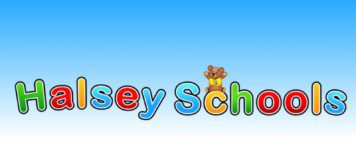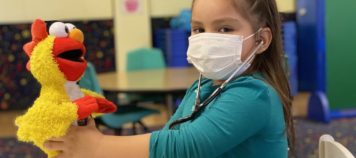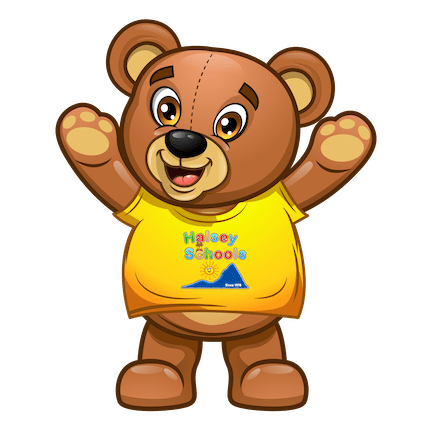
Child Development Assessments
This month your child’s teachers are carefully observing your child to assess for appropriate developmental milestones. Children develop at their own pace so the criteria we follow offers a broad age range for each milestone. Some children might reach a designated milestone at 7 months old. But others might reach it at 4 months or 10 months.
Ages & Stages – Simple Characteristic Guidelines
The characteristics that follow are simply basic guidelines to give you an idea of where your child may be. The assessments we complete throughout the year go into much greater detail.

Babies Birth to 1 Year Old
What to Expect
Babies grow and change dramatically during their first year. They begin to
- Develop some control over their bodies. They learn to hold their heads up, roll over, sit up, crawl, stand up and, in some cases, walk.
- Become aware of themselves as separate from others. They learn to look at their hands and toes and play with them. They learn to cry when their parents leave and to recognize their own names.
- Play games. Babies first play with their own hands. Later they show an interest in toys, enjoy “putting in and taking out” games and eventually carry around or hug dolls or stuffed toys.
- Relate to others. Babies first respond to adults more than they do to other babies. Later they notice other babies, but they tend to treat these babies as objects instead of people. Then they pay attention when other babies make sounds.
- Communicate and develop language skills. Babies first cry and make throaty noises. Later they babble and say “mama” and “dada.” Then they make lots of sounds and begin to name a few familiar people and objects. They begin to enjoy hearing rhyming and silly language.
 Toddlers 1 to 3 Years Old
Toddlers 1 to 3 Years Old
What to Expect
Between their first and second birthdays, children
- Are energetic, busy and curious;
- Are self-centered;
- Like to imitate the sounds and actions of others (for example, by repeating words that parents and others say and by pretending to do housework or yard work with adults);
- Want to be independent and to do things for themselves;
- Have short attention spans if they are not involved in an activity that interests them;
- Add variations to their physical skills (for example, by walking backwards);
- Begin to see how they are like and unlike other children;
- Play alone or alongside other toddlers;
- Increase their spoken vocabularies from about 2 or 3 words to about 250 words and understand more of what people say to them;
- Ask parents and others to read aloud to them, often requesting favorite books or stories; and
- Pretend to read and write the way they see parents and others do.
Between their second and third birthdays, children
- Become more aware of others;
- Become more aware of their own feelings and thoughts;
- Are often stubborn and may have temper tantrums;
- Able to walk, run, jump, hop, roll and climb;
- Expand their spoken vocabularies from about 250 to 1,000 words during the year;
- Put together 2-, 3- and 4-word spoken sentences;
- Begin to choose favorite stories and books to hear read aloud;
- Begin to count;
- Begin to pay attention to print, such as the letters in their names;
- Begin to distinguish between drawing and writing; and
- Begin to scribble, making some marks that are like letters
Preschoolers Children 3 to 5 Years Old
What to Expect
Between their third and fourth birthdays, children
- Start to play with other children, instead of next to them;
- Are more likely to take turns and share and begin to understand that other people have feelings and rights;
- Are increasingly self-reliant and probably can dress with little help;
- May develop fears (“Mommy, there’s a monster under my bed.”) and have imaginary companions;
- Have greater large-muscle control than toddlers and love to run, skip, jump with both feet, catch a ball, climb downstairs and dance to music;
- Have greater small-muscle control than toddlers, which is reflected in their drawings and scribbles;
- Match and sort things that are alike and unalike;
- Recognize numerals;
- Like silly humor, riddles and practical jokes;
- Understand and follow spoken directions;
- Use new words and longer sentences;
- Are aware of rhyming sounds in words;
- May attempt to read, calling attention to themselves and showing pride in their accomplishment;
- Recognize print around them on signs or in logos;
- Know that each alphabet letter has a name and identify at least 10 alphabet letters, especially those in their own names; and
- “Write,” or scribble messages.
Between their fourth and fifth birthdays, children
- Are active and have lots of energy and may be aggressive in their play;

- Enjoy more group activities, because they have longer attention spans;
- Like making faces and being silly;
- May form cliques with friends and may change friendships quickly;
- Have better muscle control in running, jumping and hopping;
- Recognize and write the numerals 1–10;
- Recognize shapes such as circles, squares, rectangles and triangles;
- Love to make rhymes, say nonsense words and tell jokes;
- Know and use words that are important to school work, such as the names for colors, shapes and numbers; know and use words that are important to daily life, such as street names and addresses;
- Know how books are held and read and follow print from left to right and from top to bottom of a page when listening to stories read aloud;
- Recognize the shapes and names of all letters of the alphabet and know the sounds of some letters; and
- Write some letters, particularly those in his own name.
Please look for your child’s written assessments on November 26, 2012. Conferences will be available December 3-7.
Detailed Infant, Toddler & Preschool Milestones
Preschooler Milestones by Age
5 Year Old | 4 Year Old | 3 Year Old | 2 Year Old
Infant & Toddler Milestones by Age
18 Month Old | 1 Year Old | 9 Month Old | 6 Month Old | 4 Month Old | 2 Month old
More about me
- Are you using the right car seat? Is your child sitting in the safest spot? - May 15, 2017
- Rear facing car seat required - November 29, 2016
- Does this sound like your three year old? - August 9, 2016


 Toddlers 1 to 3 Years Old
Toddlers 1 to 3 Years Old




